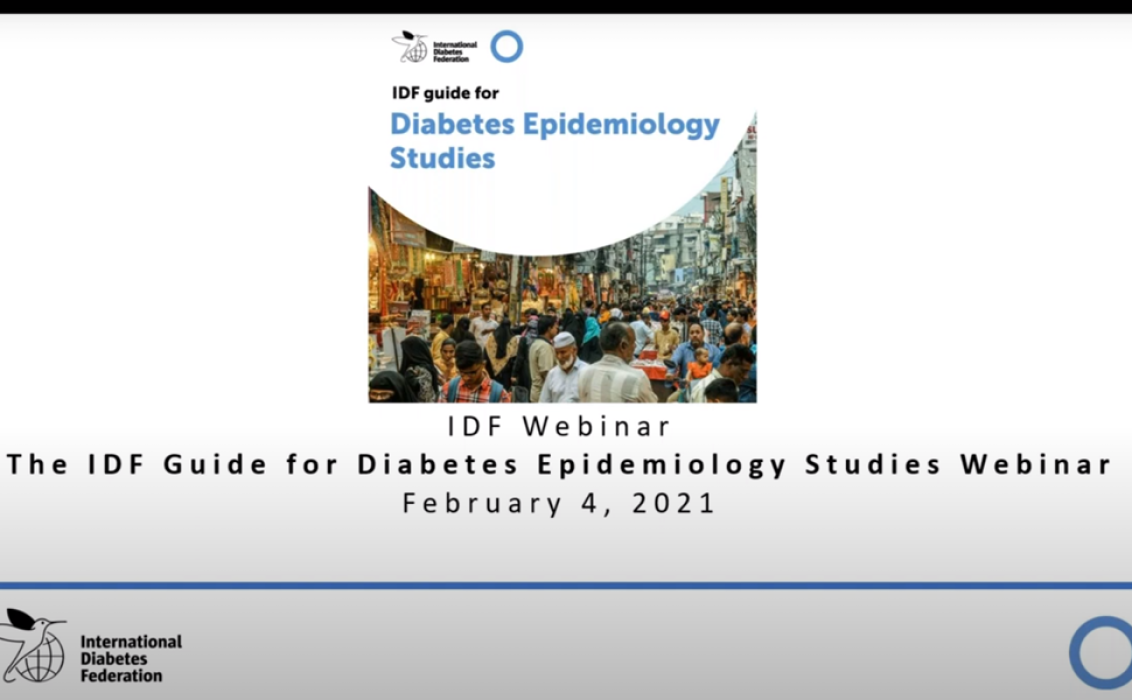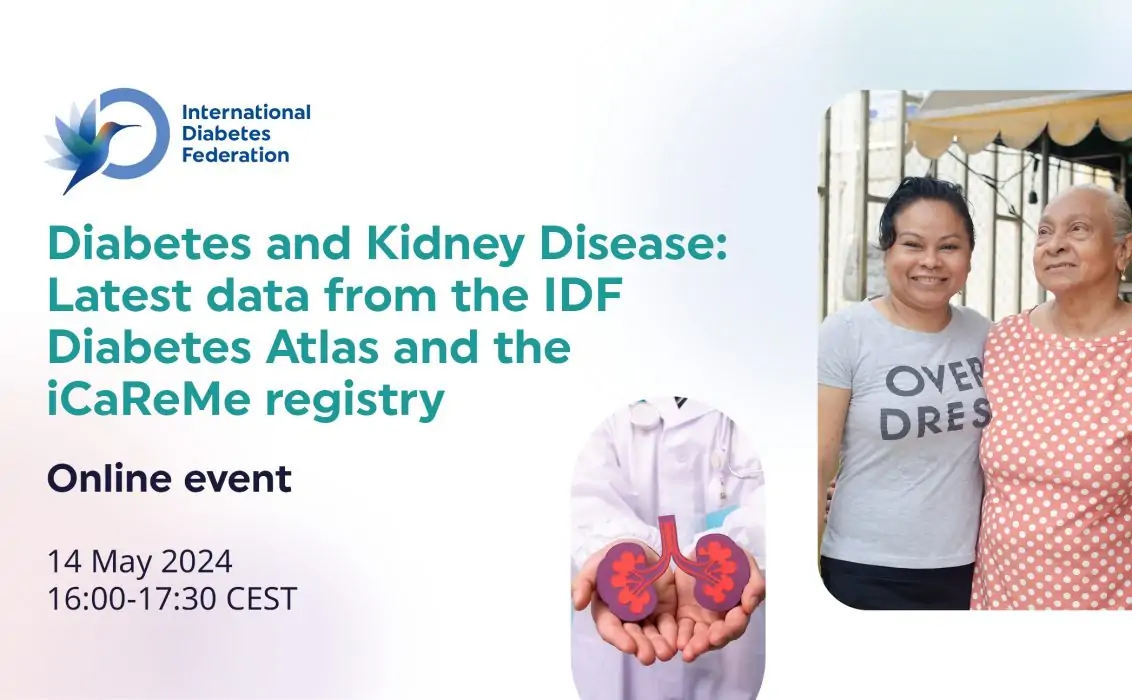In February, the International Diabetes Federation will launch a new guide to help researchers achieve competence and proficiency in conducting high-quality diabetes epidemiological studies.
Targeted at clinicians, researchers and epidemiologists, the guide represents a major effort to improve data quality in diabetes surveillance. It aims to support those with limited resources in establishing studies that will facilitate appropriate healthcare interventions, and inform and evaluate approaches to preventing diabetes and health service planning.
IDF is hosting a webinar, featuring a global panel of experts, to mark the launch of the IDF Guide for Diabetes Epidemiology Studies on Thursday, 4 February at 12pm CET.



